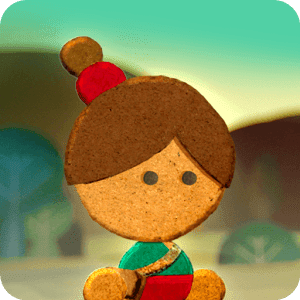

Individual language experience modulates rapid formation of cortical memory circuits for novel words. The relationship between the frequency of number‐puzzle use and baseline cognitive function in a large online sample of adults aged 50 and over. An online investigation of the relationship between the frequency of word puzzle use and cognitive function in a large sample of older adults. You can learn more about how we ensure our content is accurate and current by reading our editorial policy. Healthline has strict sourcing guidelines and relies on peer-reviewed studies, academic research institutions, and medical associations. Playing chess or learning how to play in a user-friendly way Improving time management and other positive habits and productivity skillsĬonnecting with others via puzzles and word games Improving stress levels with small, buildable changesįree for standard version or $9.99 per month or $59.99 annually Starting or maintaining a meditation practiceįree for the standard version or $99 for annual membership

Sharpening memory, attention span, and other cognitive skills Managing stress and anxiety and implementing mindfulness into your day-to-day Learning a new language or brushing up on current skills

Want to take steps toward keeping your brain busy? We’ve got apps for you to try.įree for basic subscription or $11.99 per month for standard subscription Divyansu Patel, a psychiatry specialist at TeleMed2U. “Staying busy helps us focus on the here and now, and distracts us from our worries,” says Dr. When it comes to your mental health, keeping your brain busy has become more important than ever. Staying mentally active can also reduce the risk for cognitive decline as you get older. Whether you’re struggling with your work-from-home routine or are feeling overwhelmed by the onslaught of day-to-day stress, keeping your mind active can help you to cope.


 0 kommentar(er)
0 kommentar(er)
